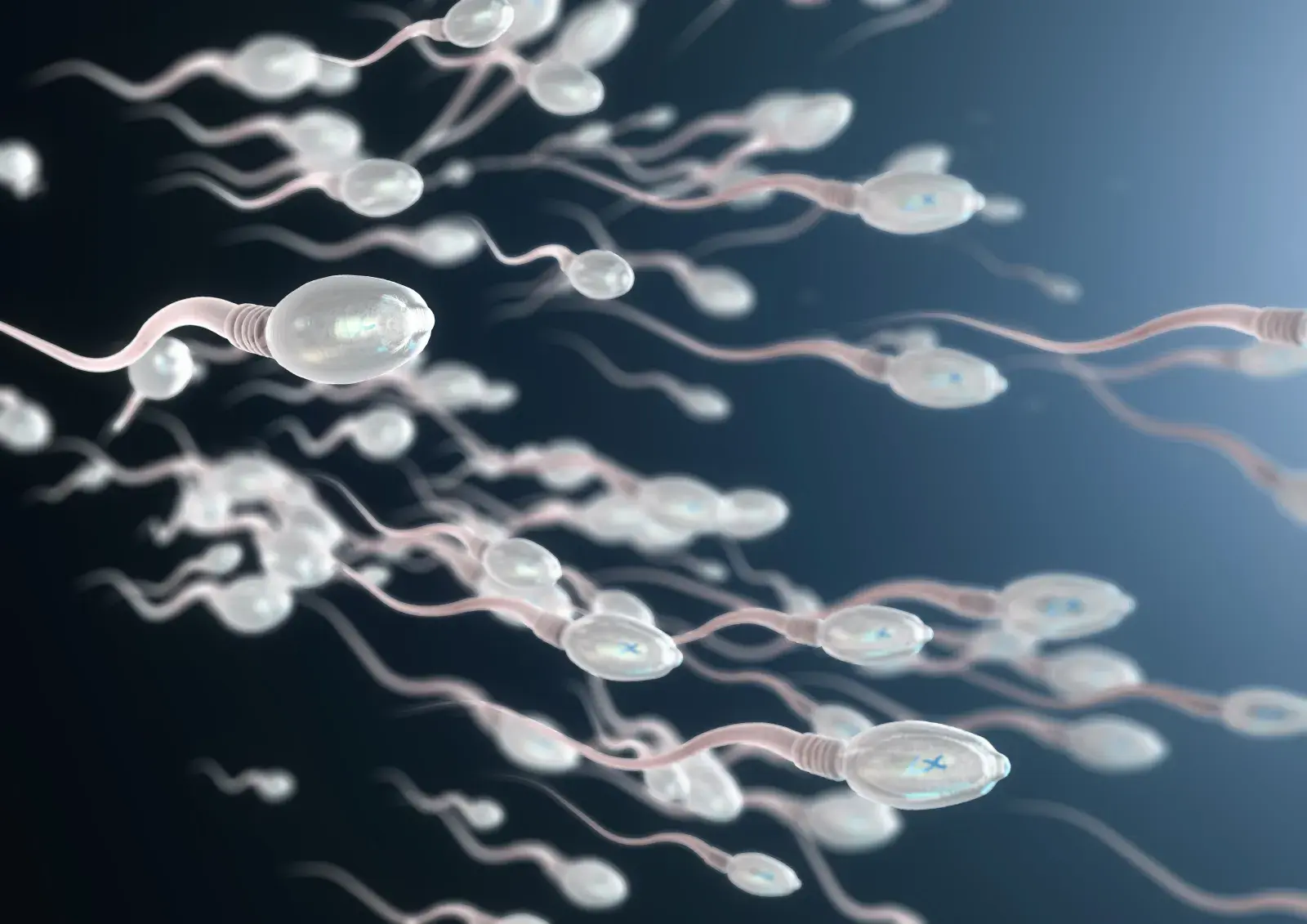Copyright newsweek

Researchers have found neonicotinoid pesticides—insect killers commonly used in farming—could damage male reproductive health. A comprehensive review conducted at George Mason University in Fairfax, Virginia, has found consistent signs that exposure to neonicotinoid insecticides—commonly called neonics—could interfere with hormones, harm testicular tissue and reduce sperm count. The study, led by Sumaiya Safia Irfan, an expert in epidemiology, and Veronica Sanchez, a graduate student in chemistry, examined 21 experimental studies published between 2005 and 2025. Stock image: A 3D illustration of sperm cells moving to the right. “We concluded it is possible that exposure to these chemicals can lower sperm quality, disrupt hormones, and damage testicular tissue,” Irfan said. Neonicotinoids are among the most widely used insecticides in global agriculture. When applied to crops, they are absorbed into soil and water and taken up by the plants themselves—making their way into the food chain. While originally developed to target insects’ nervous systems, research in animals has shown worrying biological parallels. Sanchez noted that few people realize how insecticide residue left on food could contribute to infertility. “All studies included in this review reported that neonicotinoid exposure was harmful to sperm quality in the male rats and mice,” she said. Though the direct effects on humans remain uncertain, the researchers emphasized the urgency for more investigation. “These findings warrant pause for reflection, as the extent of the effect of neonics on human health is not yet fully understood,” Sanchez added. “There needs to be further research into the effects of neonics on humans so we can begin to discuss mitigation strategies.” Melissa Perry, dean of George Mason University’s College of Public Health and a contributing author, underscored the public health implications. “Neonicotinoid insecticide use in U.S. agriculture has grown significantly over the last decade, so we know that exposures happen routinely for a large number of people. We need to conclusively determine how this affects members of the American public,” Perry said. The U.S. Food and Drug Administration recommends washing fruits and vegetables thoroughly to remove dirt and surface residues—but systemic pesticides such as neonics present a deeper challenge. Because they are absorbed into the plant’s tissues, they cannot be washed away completely. “In general, you can reduce pesticide exposure by thoroughly washing produce before eating and by minimizing conditions that attract pests into your home that would require you to use some form of pest control,” Irfan said. “However, because neonicotinoids are often applied systemically, meaning they are absorbed by the plant and present throughout its tissues, they are very difficult, if not impossible, to remove completely. The best way is to be aware of what you are buying and shop responsibly.” Newsweek has reached out to the researchers for additional comment. Do you have a tip on a health story that Newsweek should be covering? Do you have a question about male fertility? Let us know via health@newsweek.com. Irfan, S.S., Sanchez, V.G., Bloom, M.S., Chin, H.B., Espina, V., Krall, J.R., Pollack, A.Z., Liotta, L.A. and Perry, M.J. (2025). Reproductive risk of Neonicotinoids: A review of male rodent studies. Environmental Research, [online] 286, p. 122903. doi:https://doi.org/10.1016/j.envres.2025.122903.



